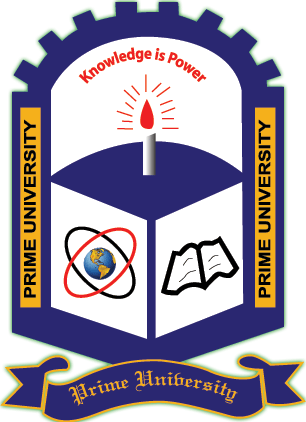Notice Board
-
05Novনোটিশ
-
25FebInternational Webinar on IEEE Funds & Awards for Student Branches
-
12FebAnnual Picnic-2025, Rupsha Resort, Gazipur

VISION
The vision is to create knowledge based engineering society for cultivating knowledge in the field of electrical and electronic sectors of our country.
MISSION
- Conduct research and deliver comprehensive education in electrical and electronic engineering sector.
- To develop technologically sound graduates with strong moral and ethical values in the field of electrical and electronic engineering to meet domestic and worldwide needs.
- To conduct collaborative research with academia and industry to catalyze innovation and growth in technology
Departmental Events
FACILITIES

Power System Protection and Switchgear Laboratory
Power System Protection and Switchgear Laboratory is
one of the most developed labs in the Electrical & Electronic Engineering Department.
It is equipped with many advanced apparatus and devices to make all of the
important tests on power systems starting from generation units with control
panel. Also, it has protecting equipment, transmission lines and power factor
correction panel. This laboratory is designed to directly apply theory learned
in lectures to devices that will be studied in the laboratory. Power system
protection is concerned with protecting electrical power systems from faults
within the network by isolating the faulted components remaining the electrical
network operation. Moreover, by properly protecting the system components from
overloading, overvoltage, underfrequency the probability of fires and other
catastrophic system failures can be minimized.

Electrical Circuits Laboratory
The Electrical Circuits lab is one of the
introductory labs in our university that comprises of Direct current (DC) and Alternating
current (AC) Circuits. Students can practice and apply laboratory experiments,
and connect, examine, and analyze electrical circuits. Students can compare
theoretical results with practical results to connect theory and practice.
Students can explore and understand fundamental of electrical engineering
concept. Circuit laboratories are equipped with various devices, such
as: AC/DC power supplies, Watt-meters, Voltmeters, Ammeters, Variable
resistors, Variable inductors, Variable capacitors, Power factor meters.

Electronics Laboratory
Electronics laboratory is used
for examining the operating principles of the electronic devices and
obtaining the characteristics of electronic circuit components. Students
can study the design and practical applications of power supplies, diode, amplifiers
such Op-Amp (Operational amplifier), oscillators, Filters, and digital
electronic circuits. From the smallest handheld devices to the complex
machinery used in various industries, electronics have become an indispensable
part of our everyday existence.

Digital Electronics Laboratory
Digital Electronics Laboratory is important in Electrical and Electronic Engineering (EEE) because it helps students learn the concepts and techniques of digital electronics through hands-on experiments. The main objective of this laboratory is to understand the basics of digital electronics, Boolean algebra and verify the basic gates like AND, OR, and NOT, and universal gates like NAND and NOR. Students will be able to design and analyze the combination of various logic circuits such as half adder, full adder, various types of flip-flops, counter and register. Also, students will realize the structure of various number systems and how they are applied in digital circuits design. Digital Electronics Laboratory is well equipped with hardware and software facilities, such as oscilloscopes, function generators, digital multimeters, digital trainer board, and experimental boxes. Students use these instruments to analyze input and output parameters of different digital circuits
Departmental Notable Alumni
Departmental News & Media
































